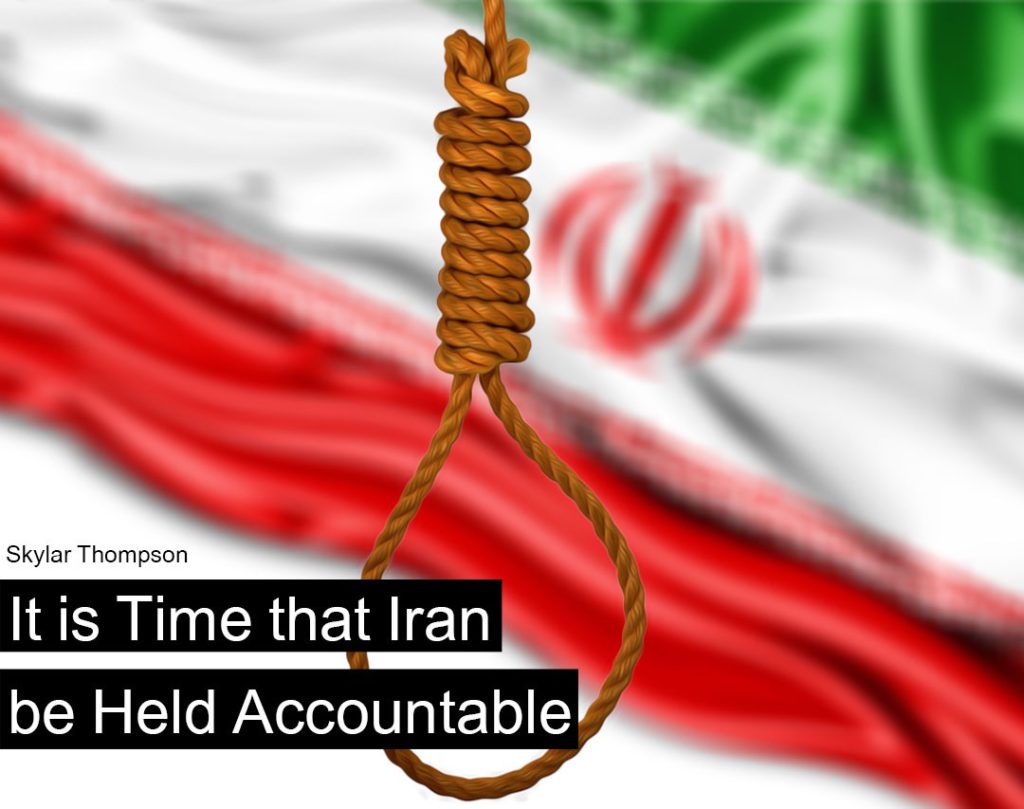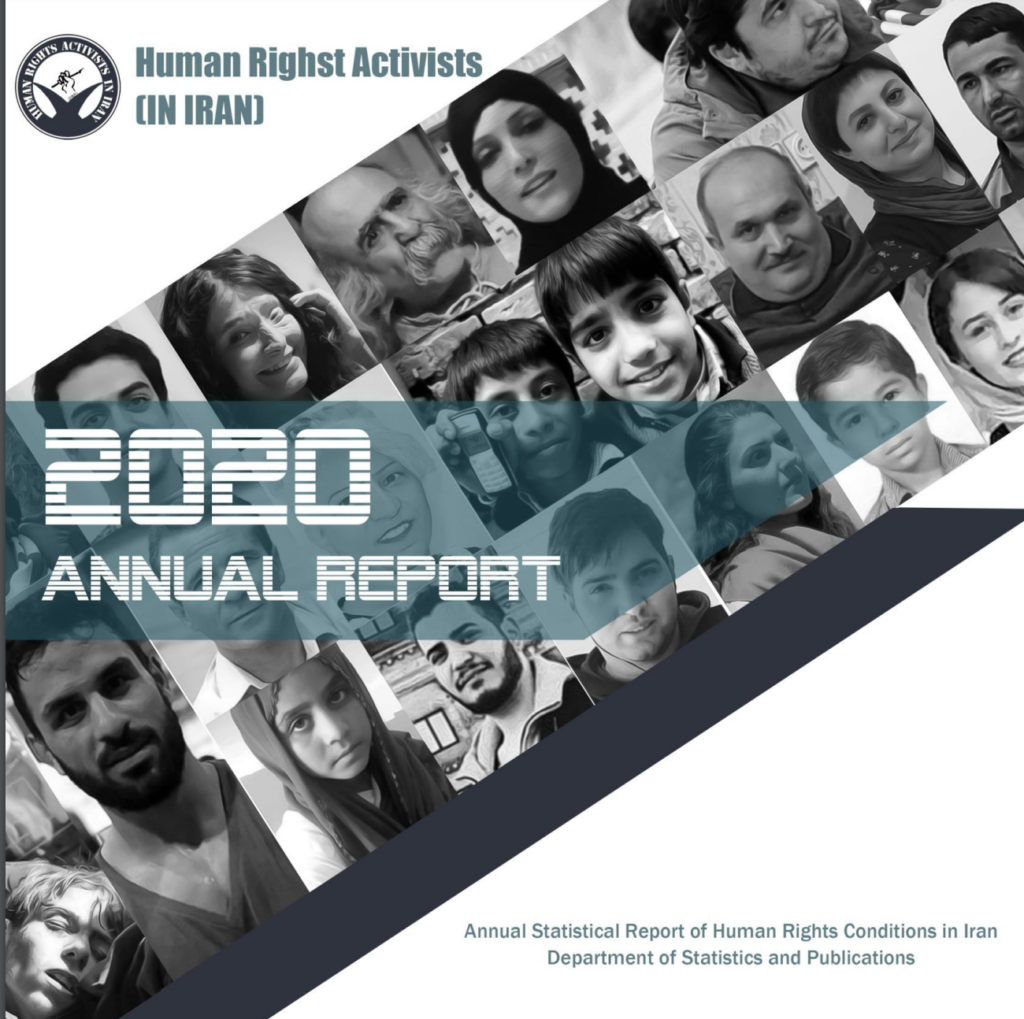12/5/2021
Author: Maryam Sinaee
A protester accused of shooting a Special Riot Force commander in Mahshahr, southern Iran in the nation-wide November 2019 protests has been sentenced to death.
The foreign-based Iranian Human Rights Activists News Agency (HRANA) reported Friday that authorities informed the family of Abbas Shelishat (Driss), 45, that he has been sentenced to death on a number of charges including taking up arms against the Islamic Republic and shooting a commander of the Special Anti-Riot Forces, Reza Sayyadi, during protests in Mahshahr in November 2019.
A source close to the family told HRANA that the judicial authorities gave a verbal notice of the sentence to the family four months ago and have since refused to provide any official confirmation of the sentence to them or Shelishat’s two lawyers who have also not even been allowed to read the case files.
The Judiciary has also sentenced several others to death for the protests in November 2019 including three young men whose death sentences have been confirmed by the Supreme Court but not carried out yet.

Abbas Shelishat, sentenced to death. Undated photo
Shelishat’s brother, Mohsen, who has also been accused of complicity in the killing of the anti-riot officer, has been sentenced to life in prison, the family have said.
Karim Dahimi, Iranian Arab activist, told Iran International Saturday that this case has been sent to the Supreme Court for approval. According to Dahimi, a second expert has testified to the court that Shelishat could not be responsible for the killing of the officer as Shileshat’s position at the time of the killing made it impossible for him to shoot the officer in the back.
Sources close to the family have told HRANA that Shelishat’s wife died of a brain stroke after finding out about the sentence. In the past four months the family apparently kept the news of the death sentence secret waiting to get official confirmation.
A few weeks after the protests, the state-run television aired a video of Shileshat and other prisoners whose faces were obscured and presented as “confessions of armed terrorists”. The state media described the Mahshahr protesters as terrorists and Arab separatist groups.
In the video, a man allegedly Shileshat, said with his brother’s complicity he had shot an officer in a green uniform during the protests from the roof of his house.
In the same program, two other prisoners spoke about the events at the time of the killing with one of them claiming that two protesters who arrived on motorcycles shot at police officers while the officers were praying together.
The events described in the program happened during a bloody crackdown by the Revolutionary Guards and other security forces against largely unarmed protesters in the southern city of Mahshahr and its suburbs after protesters gained control of the city’s transit roads.
The port city of Mahshahr is in the oil-producing Khuzestan province and close to large petrochemical plants and other oil facilities.
The crackdown on protesters seeking refuge in the marshlands on the outskirts of the city security forces reportedly opened fire indiscriminately. The lethal attack has come to be widely referred to as the Mahshahr Massacre among Iranians.
President Rouhani’s chief of staff, Mahmoud Vaezi, on December 11, 2019 confirmed the reports about the killing of protesters in Mahsharhr but claimed that a group of armed individuals were responsible for the violence and shooting at both the protesters and the security forces.
Two weeks after the incident in Mahshahr, the New York Times reported that between 40 to 100 protesters were killed during the crackdown based on multiple interviews with eyewitnesses including a nurse at a hospital where the wounded were treated.



